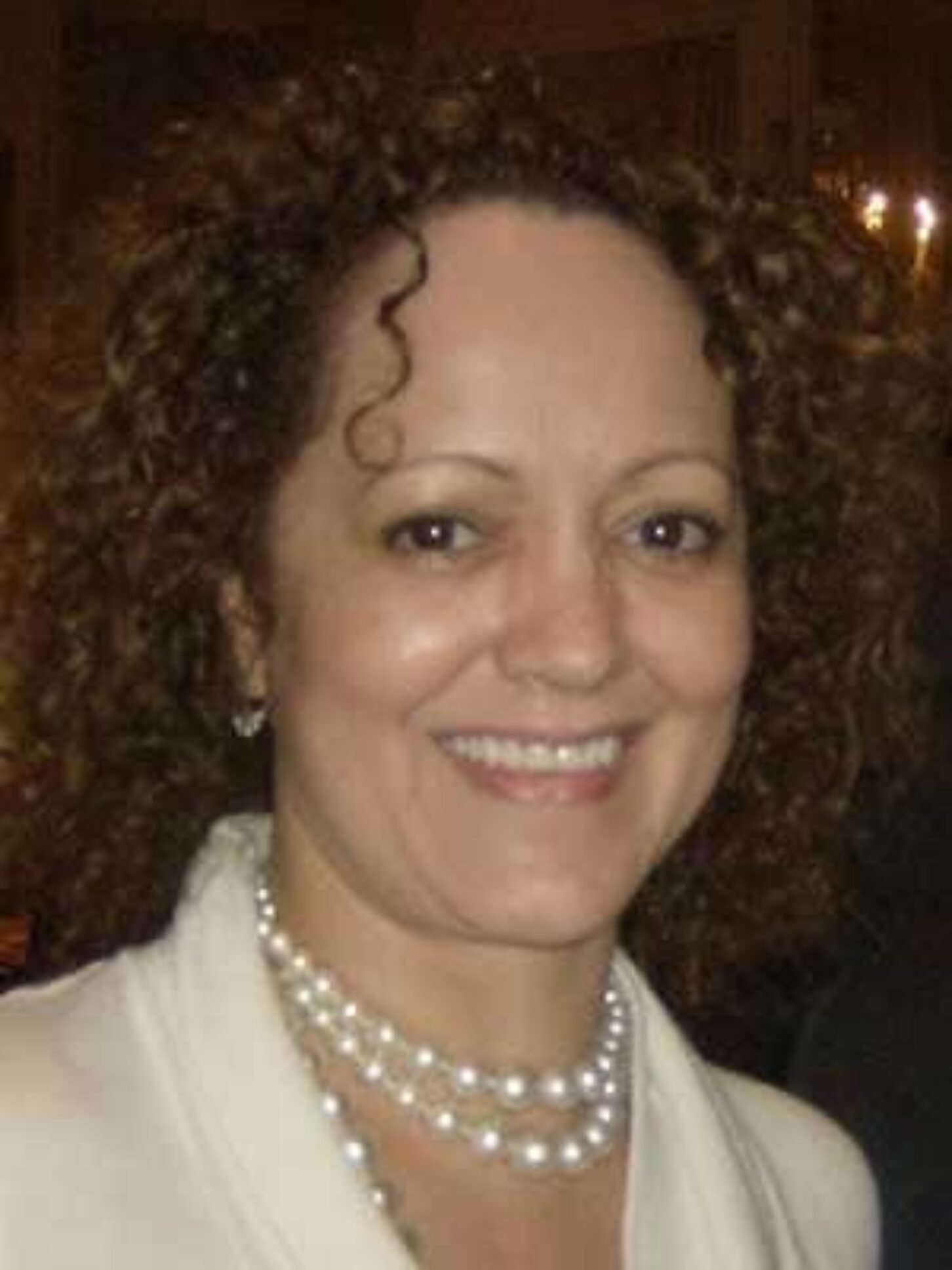

Vice President, Georgia Public Policy Foundation
Health Policy Briefs July 31, 2012
Compiled by Benita M. Dodd
– Where have all the doctors gone? What if you added to the ranks of insured individuals but didn’t have the medical staff to care for them? Americans may be about to find out.
- Roughly one-third of the country’s physician workforce plans to retire or leave their practice in the next 10 years, according to Georgia-based Jackson Healthcare’s Physician Practice Trends Survey 2012. The top two factors for leaving were economic factors and federal health care reform. The general physicians most likely to leave medicine within 10 years include general surgeons, family practitioners, emergency medicine physicians and obstetricians/gynecologists. Specialists most likely to leave in the next 10 years include oncologists, urologists and cardiologists.
- Meanwhile, the Association of American Medical Colleges estimates that in 2015 the country will have 62,900 fewer doctors than needed. And that number will more than double by 2025, as the expansion of insurance coverage under the Patient Protection and Affordable Care Act known as ObamaCare and the aging of baby boomers drive up demand for care. Even without the health care law, the shortfall of doctors in 2025 would still exceed 100,000, according to a report in The New York Times.
– Good for thee but not for me: The latest Kaiser Family Foundation tracking poll finds that Americans are broadly supportive of the federal health law’s expansion of Medicaid to cover millions of uninsured people. “But they are less enthusiastic about expanding it in their own states after they realize state taxpayers will pick up some of the cost.”
Nationally, two out of three people surveyed said they had a favorable view of expanding Medicaid to cover more low-income uninsured adults. The expansion was favored by 87 percent of Democrats and 67 percent of independents. Among Republicans 39 percent favored the expansion. However, support dissipated — especially among Republicans – when people were asked whether their own state should participate and were told state taxpayers would eventually pay a tenth of the cost. When the question was phrased that way, only 49 percent favored their own state expanding Medicaid, while 43 percent said their state should keep the program unchanged. Two-thirds of Republicans opposed expanding Medicaid in their own state.
– Buying time: Feeling shortchanged on the time your doctor’s spending with you? With the “concierge model” of medicine, doctors charge their patients an annual retainer fee and in turn, give them more time and attention. The Los Angeles Times reports that doctors are turning to the concierge model amid “rising costs and shrinking insurance reimbursements.” More than 5,000 physicians nationwide are practicing, which provides them with extra income and allows them to limit their patient rolls.
Matt Jacobson, a businessman who started one such practice in 2006, said these doctors don’t want to practice “production line, seven-minute visit medicine.” Patients who pay an annual fee of from $1,500 to $2,500 receive a variety of perks, such as round-the-clock access to the doctor and on-time appointments for that day or the next.
– Electronic medical records: If you’ve seen your physician’s handwriting, you can have no doubt that the digital age has helped make medicine a lot safer – and reduced prescription errors! Last year, the Centers for Disease Control and Prevention reported that the percentage of physicians who have adopted basic electronic medical records (EMRs) in their practice doubled from 17 percent to 34 percent from 2008-2011.The percentage of primary care physicians using EMRs grew even more, roughly doubling from 20 to 39 percent in that same time frame.
That percentage is still growing, but in a reminder that technology is only as smart as the person wielding it, Molly Gamble points out in Becker’s Hospital Review that there are still some issues of legal concern surrounding EMRs. Among them are the risk of medical malpractice lawsuits during the transition to EMRs and the possibility of errors. She notes that, “just as a reliance on spell check can leave an email peppered with spelling blunders, too much dependence on an EMR can result in small mistakes that can quickly turn into medical errors.”
Interestingly, Gamble also warns of breaches, theft and unauthorized access to the information. The Department of Health and Human Safety has an interesting public Web site where it posts all data breaches affecting 500 or more individuals on a public Web site. Since Sept. 2009, there have been 380 such incidents reported nationwide. Since 2010 in Georgia, the site shows, there have been almost a dozen incidents with more than 200,000 “individuals affected.”
Quote of Note: “Here’s the most underreported story of the summer. When the Supreme Court ruled on the Affordable Care Act (ObamaCare) it inadvertently liberated millions of people who were going to be forced into Medicaid. Now they will have the opportunity to have private health insurance instead. What difference does that make? It could be the difference between life and death.” – John Goodman
